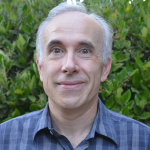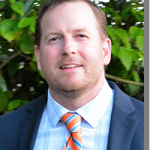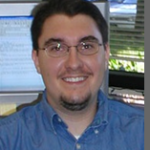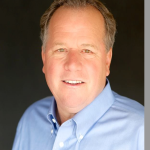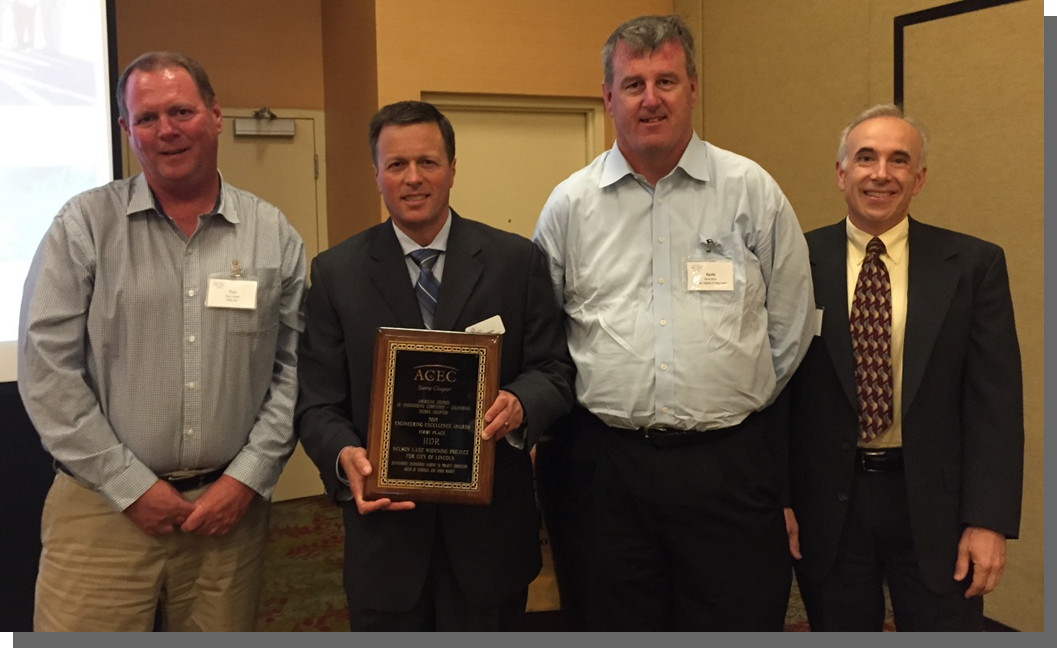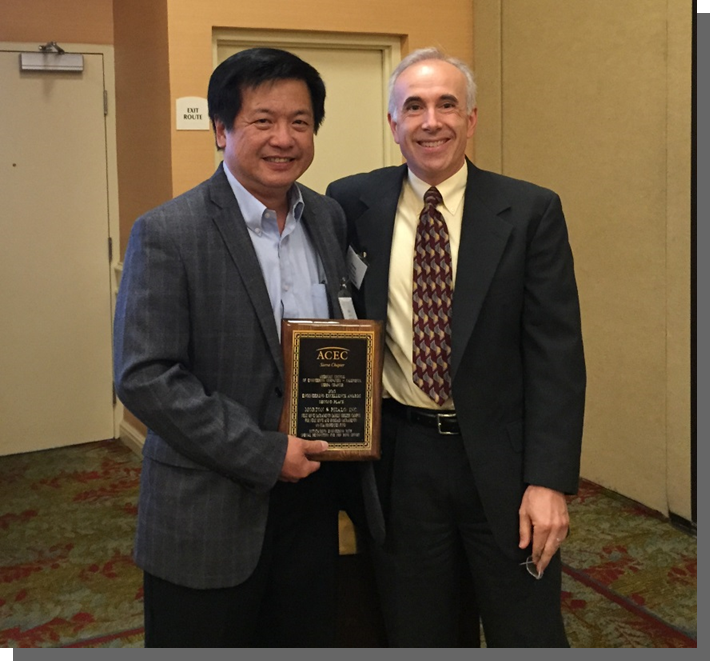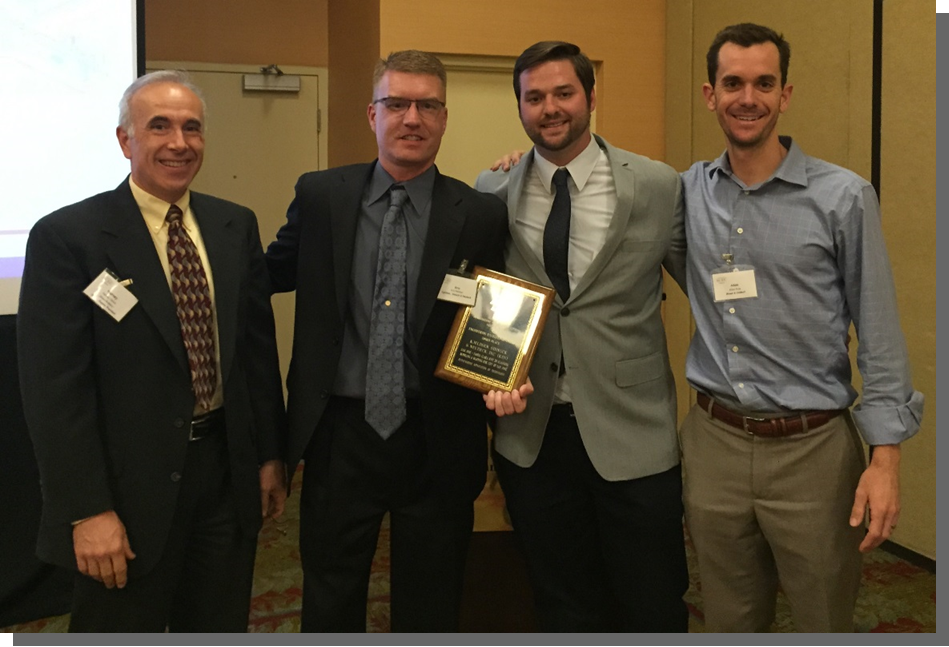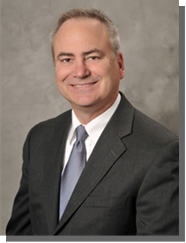President’s Message
In my opinion, the first Sierra Chapter Engineering Excellence Awards event was a success, and I’m looking forward to helping to make the second one even better next year! The key to the success of our chapter events is participation. Thank you to everyone who nominated projects to be recognized, everyone who worked on event planning (Steve Greenfield, Landon Blake, Kathy Wickam, Debbie LoCicero, and Jane Rozga who initiated the event and who will hopefully be able to participate again next year), and KSN and Psomas for sponsoring the event. It’s not too early to start thinking about which of the projects you are working on now would be good candidates for awards next year.
Switching topics: What do you think about the education standards for licensure?
The National Council of Examiners for Engineering and Surveying (NCEES) supports requiring a master’s degree or equivalent before initial licensure and the American Society of Civil Engineers (ASCE) developed the Raise the Bar initiative to try to generate support for increasing educational requirements. The primary reason given in support of increasing the educational requirements is to ensure that engineers have the knowledge and skills needed to effectively meet the challenges of the future.
Another issue used to justify a need for increasing the educational requirements is that a four-year undergraduate engineering degree used to require about 145 credit hours and now generally requires only 128 credit hours.
What is the real problem, or is there a real problem?
Issues that engineers need to address are getting more complicated. Sustainability, adaptability to climate change and resilience to disasters are relatively new concepts that make project design more challenging than in the past. New technologies are changing the problems that need to be solved and the tools available for project evaluation and design. Engineering is evolving from a process of deriving appropriate solutions from limited information to computing optimized solutions from mind boggling quantities of data. Project requirements and regulations are changing frequently and vary by jurisdiction.
BIM project design, drones, GIS, LiDAR, computational fluid dynamics, GPS and machine guidance for construction are examples of technologies that have advanced engineering since the current industry leaders were in college. Air and water quality regulation are constantly getting more stringent and building codes have been revised. Engineers have been adapting to these technologies and changes without increasing course credit requirements for licensure or sacrificing safeguards to life, health, property, and public welfare.
Will more academic courses help solve the perceived problem?
Additional courses could expose students to more current issues and computer tools than if they had fewer classes. But, what would need to be taught will be continuously changing. Not so long ago (okay, maybe it was), engineering students took a drafting class. Computer aided drafting replaced that, and three dimensional computer design and geospatial information systems are now being used. New, complex tools have increased capabilities and efficiencies, but do not necessarily take longer to teach than older methods. It is not necessary or appropriate for an engineer to be taught all of the features of a particular computer program as part of a required curriculum. In a few hours, or maybe a three-day short course, an engineer can gain the knowledge necessary to use a particular tool necessary for a particular assignment. Therefore, while appropriate course work has certainly changed, arguments for educational requirements do not seem to demonstrate that additional coursework will be necessary for an engineer to provide services that safeguard life, health, property, and public welfare.
Student internships should be considered in the discussions about increased educational requirements. Internships have become more common and exposure to real work conditions during education may improve the value and applicability of coursework to a student’s career.
No engineer is an expert at all facets of their area of practice. Even within specialties, there are narrow sub-specialties that require advanced education and experience to be qualified to do certain work. The key to practicing engineering is to ensure that you are qualified to do the work that you do, and, if you are the engineer in responsible charge of a complex project, that all aspects of the project have been designed by engineers that have the qualifications for their respective roles. In my opinion, it is fundamentally more important for an engineer to be able to ask the right questions than it is to know answers in order to provide services that safeguard life, health, property, and public welfare. Maybe classes in asking questions would help the profession. Unfortunately, this “ask the right questions” skill does not come automatically with four years of experience.
When a patient arrives at an emergency room, the patient’s life depends on the attending physician quickly taking appropriate steps. The doctor needs to have the ability to immediately take the right actions, without researching articles or consulting with an expert to help with a procedure. Taking the wrong action can be considered to be medical malpractice.
Engineers do not operate like emergency room doctors. As engineers, we need to recognize the need to research articles to find appropriate solutions to unique circumstances, and spend the time to do it. We need to team with experts as needed to fulfill the needs of each project. Engineers need to demonstrate application of an appropriate standard of care. Applying the appropriate standard of care within the schedule and budget constraints of a particular project can be challenging. But, failure to use an appropriate standard of care due to schedule and budget constraints is a management issue, not an educational one.
I’ve thought about some relatively recent engineering failures in the U.S. and I can’t think of any that would likely have been avoided even if each of the engineers involved had had a master’s degrees. And, it has been a while since I used anything from the classes I took for my master’s.

